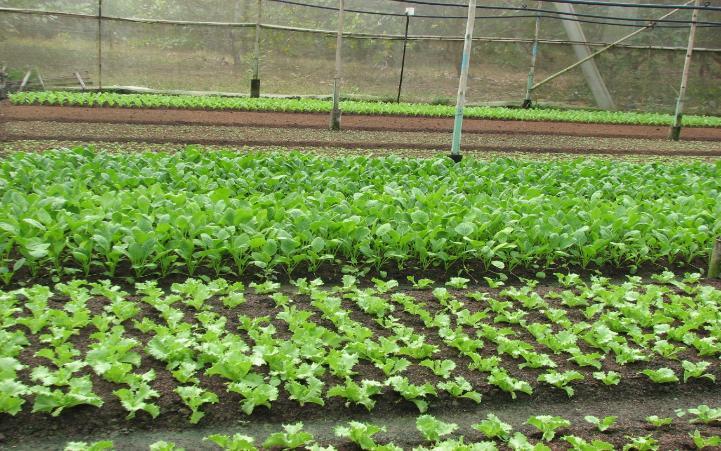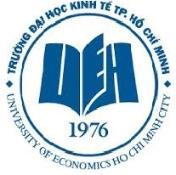Background

The Vietnamese agricultural sector plays an important role in the economy as a whole, accounting for about 20 percent of its GDP and 48 percent of total employment in 2013. However, the value added per worker is the lowest in ASEAN (The Association of Southeast Asian Nations) and farmers’ incomes are relatively low compared to other sectors and unstable. Geography, particularly climate and topography, has a marked effect on the farming sector, and the most recent draught (the worse in three decades) that affected the country triggered a noticeable decline in agricultural output. Agricultural products make a major contribution to Vietnam’s trade, with some 20 percent of the total value of exports attributed to this sector. Vietnam is the world’s biggest producer of Robusta coffee and a major exporter of rice. The country also produces and exports other traditional products such as rubber, cashew nuts, cassava, fish and forestry products. Farm size, soil and geography are also favourable to the cultivation and production of tropical fruits and vegetables, and cut flowers. However, the sector faces several challenges. It is characterised by a large number of small-scale farms and highly fragmented land ownership, high costs of production and low competitiveness, low public investment and high-tech, an undeveloped agri-business system and low quality products. Vietnamese consumers also lack trust in the country’s food safety management system and scandals of food poisoning are often reported in the newspapers. Moreover, most of the exported agricultural products are raw commodities with low added value.
Against this background, Precision Agriculture (PA) has the potential to increase yields, minimise product defects and improve quality. Thus, drawing on demonstrations of PA equipment in action on Newcastle University and other working farms in the UK, a cost-benefit analysis will assess the feasibility of introducing PA to the Vietnamese setting and how this may be best achieved. Applying the Global Value Chain approach, the project will identify opportunities for upgrading quality and value-added in the Vietnamese fresh fruit and vegetable sector, specifically concentrating on quality standards, brand building, food consumer analysis and international market penetration. Understanding opportunities for upgrading and applying international quality standards will help farmers and marketing cooperatives increase the sale of their fruits and vegetables in both local and international markets, hence raising their income. The project will share the research findings through conferences, workshops and demonstrations to core stakeholders. Interactive dissemination activities (web page, press release, policy briefs and workshops) will maximise impact. The project will enhance stakeholders’ awareness of high technology, sustainable and value added agri-food production. It will involve direct co-operation with the Vietnamese Commission for Economic Affairs and the Ministry of Agriculture and Rural Development.

